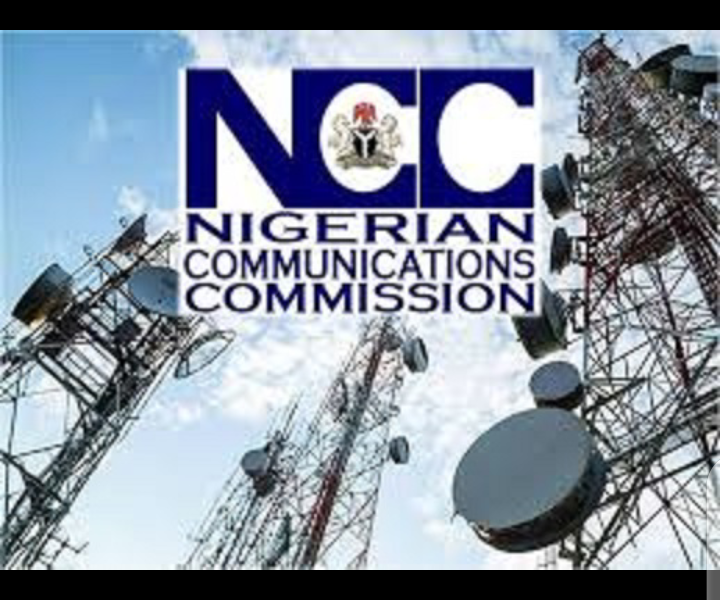The Federal Government through the Nigerian Communications Commission (NCC) is set to make at least $1.09bn (N476bn) from the sale of four 5G spectrums.
This is after the NCC revealed in a new ‘Information Memorandum on 3.5 GHz Spectrum Auction’ that it has set the reserve price for two more 5G spectrum licences at $273.60m a piece.
It said, “The reserve price is the minimum price for one Lot of 100MHz TDD for a 10-year licence tenure fixed at $273.60m or its equivalent in Naira at the prevailing Central Bank of Nigeria rates at the time of the auction.”
It added, “The Commission is offering the remaining 2 Lots of 100 MHz TDD Spectrum in the 3.5 GHz band ranging from 3400 – 3500 MHz and 3600 – 3700 MHz, totalling 200 MHz for auction. This will be awarded to winning Bidders in 100 MHz Lot.”
According to the NCC, five licences will eventually be awarded for the deployment of 5G in the nation. With its new move, one more 5G licence will still be auctioned.
At the ‘Stakeholders Consultative Forum on the Draft Information Memorandum for the 3.5GHz Spectrum Auction’ in 2021, the commission said, “Five lots of 100 MHz each TDD are to be cleared at different periods depending on the level of encumbrances on the slots.”
It stated that all its spectrum would be auctioned by 2023. Remember that in 2021, the commission sold two slots of 3.5 GHz spectrum to MTN Communications Nigeria Plc and Mafab Communications Limited for $273.6m each. By setting the price of two more licences at $273.6m, the Federal Government will make at least $1.09bn from total spectrum sales.
The final cost of the available spectrum is expected to rise during the actual auction. The NCC set the reserve price for the 5G licenses that MTN and Mafab won at $197.4m, but they eventually paid $273.60m each for their licences.
During the process that led to the launching of 5G in the nation, operators in the telecommunication had space raised eyebrows about the high cost of 5G spectrum.
At the time, MTN and Airtel had said the reserve price of $197.4m was too high and above what was obtained in other climes of the world.
While both telcos were a part of the auction process, Airtel pulled out because of the high cost of the final bid. According to the Group Chief Executive Officer of Airtel Africa, Segun Ogunsanya, the firm pulled out after submitting a final bid of $270m.
He said, “The business case for 5G across all sub-Saharan markets is evolving, and we remain committed to driving broadband capacity in our various markets. We will continue to closely track the 5G ecosystem over the next several years, in particular the availability of affordable 5G devices and relevant use cases.”
MTN has since rolled out 5G services in select locations across the nation with Mafab getting regulatory approval to delay its launch until December.
While speaking on the cost of spectrums, the Chairman, Association of Licensed Telecommunications Operators of Nigeria, Gbenga Adebayo, said, “For us in the sector, we are most concerned about the cost of 5G. This new direction will require a lot more investment, and the current infrastructure might not be sufficient and efficient for it.
“So, we need to address the issue of cost. In order not to have 5G that is only glamorously deployed and not efficient, we need to address the issue of cost.”
According to GSMA, the global body for operators in the sector, high spectrum prices might affect the plan to achieve affordable Internet access for a large portion of the populace.
The Chief Operating Officer, Association of Telecommunications Companies of Nigeria, Ajibola Olude, said, “The reserve price is the same price at which the first one was sold.
“Yes, there were complaints about the price of the spectrum, but as a result of bidding, it eventually went higher than the estimated cost. I think Airtel will want to get it because they need 5G to remain competitive in the market.
“High spectrum prices will increase the cost of rollout. Although the telecoms industry is market driven and responds to demand and supply.”
Initially, the spectrum price was low but as a result of competition in the industry, they were able to get a higher value for it. I don’t support high spectrum prices but since the market is driven by market forces there is nothing, we can do about it.”
He added, “5G will drive a lot of innovation, and a Mobile Network Operator that does not offer 5G as a service may be forced out of the market. They need it to remain competitive so from the look of things, Airtel will want to get one of the slots because the future of telecoms rests on 5G.”
Recently, the NCC told the government that it was set to generate over N500bn in 2023 through the 5G spectrum sales.
The Executive Vice Chairman of the NCC, Prof.Umar Danbatta, disclosed this during an interactive meeting on 2023-2025 MTEF-FSP, organised by the Senate Committee on Finance.
Credit: today’s nigerian newspapers









